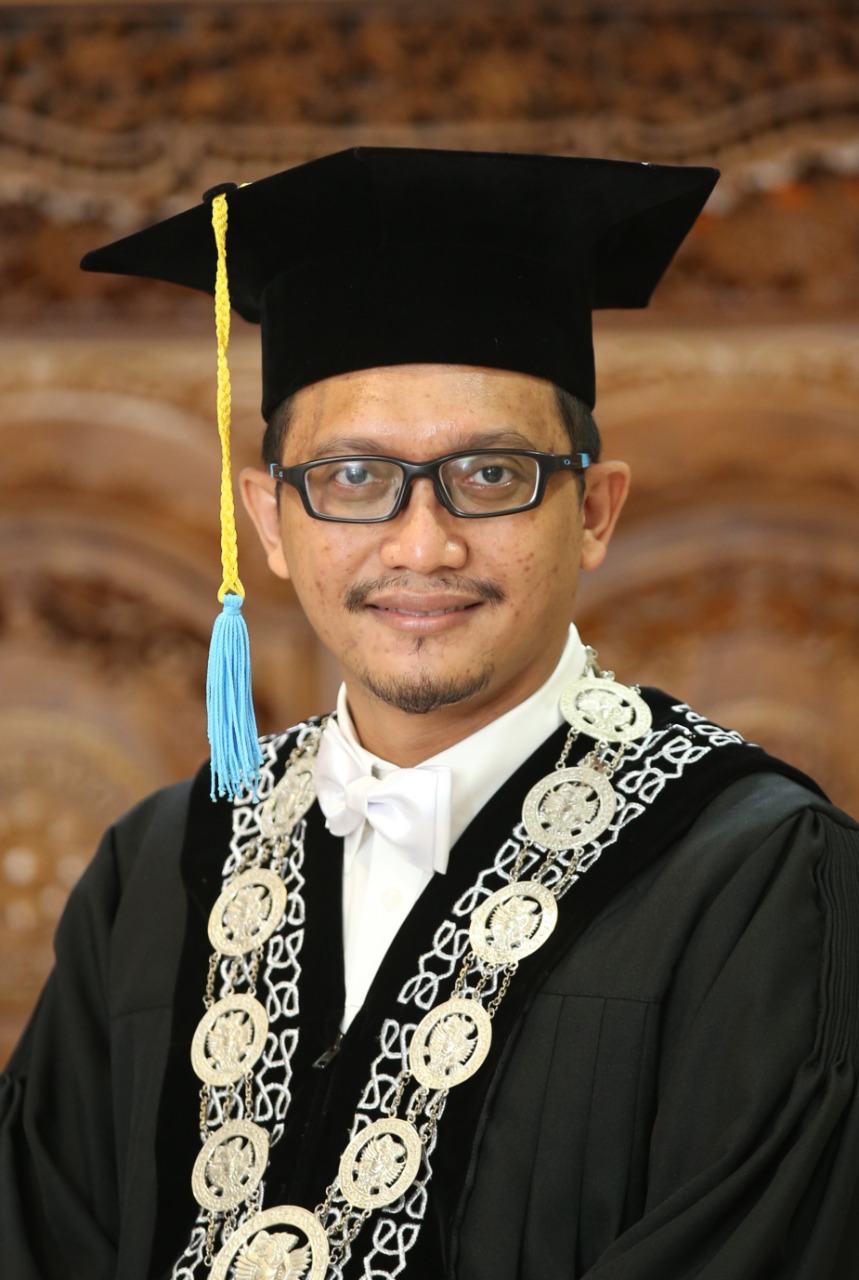Clinical Profile of Drooling in Cerebral Palsy Patients at Physical Medicine and Rehabilitation Department Dr. Soetomo General Hospital Surabaya Period January 1st, 2016 – December 31st, 2017
Downloads
Methods: This study used a retrospective analytical method, and used the patients' medical record data at Physical Medicine and Rehabilitation Department Dr. Soetomo General Hospital Surabaya period January 1st, 2016 - December 31st, 2017.
Results: There were 45 subjects consisted of 23 men and 22 women. The peak incidence occurred in the 1-5 years age range. Whereas the most type of CP were quadriplegic spastic. There were 7 patients (15.6%) who suffered swallowing disorders, while speech disorders dominated the pattern of symptoms in the sample (95.6%). A total of 21 people or 52.5% of patients with CP and having clinical manifestations of drooling had good nutritional status.
Conclusion: In this study, we can conclude that peak incidence of CP was mostly in the 1-5 years old range, and quadriplegic spastic was the most popular types of CP. Speech disorders dominated the pattern of symptoms.
Lesperance MM and Flint PW. Cummings Pediatric Otolaryngology. 2015.
Silvestre-Donat FJ and Silvestre-Rangil J. Drooling. 2014; 24: 126-34.
Sitorus FSSAB, Mogi TI and Gessal J. Prevalensi Anak Cerebral Palsy di Instalasi Rehabilitasi Medik RSUP Prof.Dr.R.D.Kandou Manado Periode 2015. Jurnal Kedokteran Klinik. 2016: 14-9.
Gowda VK, Kumar A, Shivappa SK, et al. Clinical Profile, Predisposing Factors, and Associated Co-Morbidities of Children with Cerebral Palsy in South India. Journal of Pediatric Neurosciences. 2015; 10: 108-13.
Miranda-Rius J, Brunet-Llobet L, Lahor-Soler E and Farré M. Salivary Secretory Disorders, Inducing Drugs, and Clinical Management. International Journal of Medical Sciences. 2015; 12: 811-24.
Dr DSG, Dr Umesh P, Dr. Jyotsna S, Dr. Narmada P and Dr. Bhupendra Kumar R. Clinical, Neurodevelopmental and Etiological Profile of Children with Cerebral Palsy. Pediatric Review: International Journal of Pediatric Research. 2014; 1.
Fidan F and Baysal O. Epidemiologic Characteristics of Patients with Cerebral Palsy. Open Journal of Therapy and Rehabilitation. 2014; 02: 126-32.
Paneth N, Hong T and Korzeniewski S. The Descriptive Epidemiology of Cerebral Palsy. Clinics in Perinatology. 2006; 33: 251-67.
KuÅ‚ak P, Maciorkowska E and GoÅ›cik E. Selected Risk Factors for Spastic Cerebral Palsy in a Retrospective Hospital–Based Case Control Study. Progress in Health sciences. 2014; 4: 7-13.
Arvedson JC. Feeding Children with Cerebral Palsy and Swallowing Difficulties. European Journal of Clinical Nutrition. 2013; 67: S9-S12.
Erasmus CE, van Hulst K, Rotteveel JJ, Willemsen MA and Jongerius PH. Clinical Practice: Swallowing Problems in Cerebral Palsy. European Journal of Pediatrics. 2012; 171: 409-14.
Salghetti A and Martinuzzi A. Dysphagia in Cerebral Palsy. Eastern Journal of Medicine. 2012; 17: 188-93.
Fernald LC, Prado E, Kariger P and Raikes A. A Toolkit for Measuring Early Childhood Development in Low and Middle-Income Countries. 2017.
Watson RM and Pennington L. Assessment and Management of the Communication Difficulties of Children with Cerebral Palsy: A UK Survey of SLT Practice. International Journal of Language & Communication Disorders. 2015; 50: 241-59.
Allison KM and Hustad KC. Acoustic Predictors of Pediatric Dysarthria in Cerebral Palsy. Journal of Speech, Language, and Hearing Research : JSLHR. 2018; 61: 462-78.
Indonesia KKR. Standar Antropometri Penilaian Gizi Anak. In: Indonesia KMKR, (ed.). Jakarta: Kementerian Kesehatan Republik Indonesia, 2010.
Fund UNCs. UNICEF's Approach to Scaling Up Nutrition for Mothers and Their Children. In: Division P, (ed.). New York: UNICEF, 2015.
Marret S, Vanhulle C and Laquerriere A. Pathophysiology of Cerebral Palsy. Handbook of Clinical Neuroloy. 2013; 111: 169-76.
1. The journal allows the author to hold the copyright of the article without restrictions.
2. The journal allows the author(s) to retain publishing rights without restrictions
3. The formal legal aspect of journal publication accessibility refers to Creative Commons Atribution-Share Alike 4.0 (CC BY-SA).




























